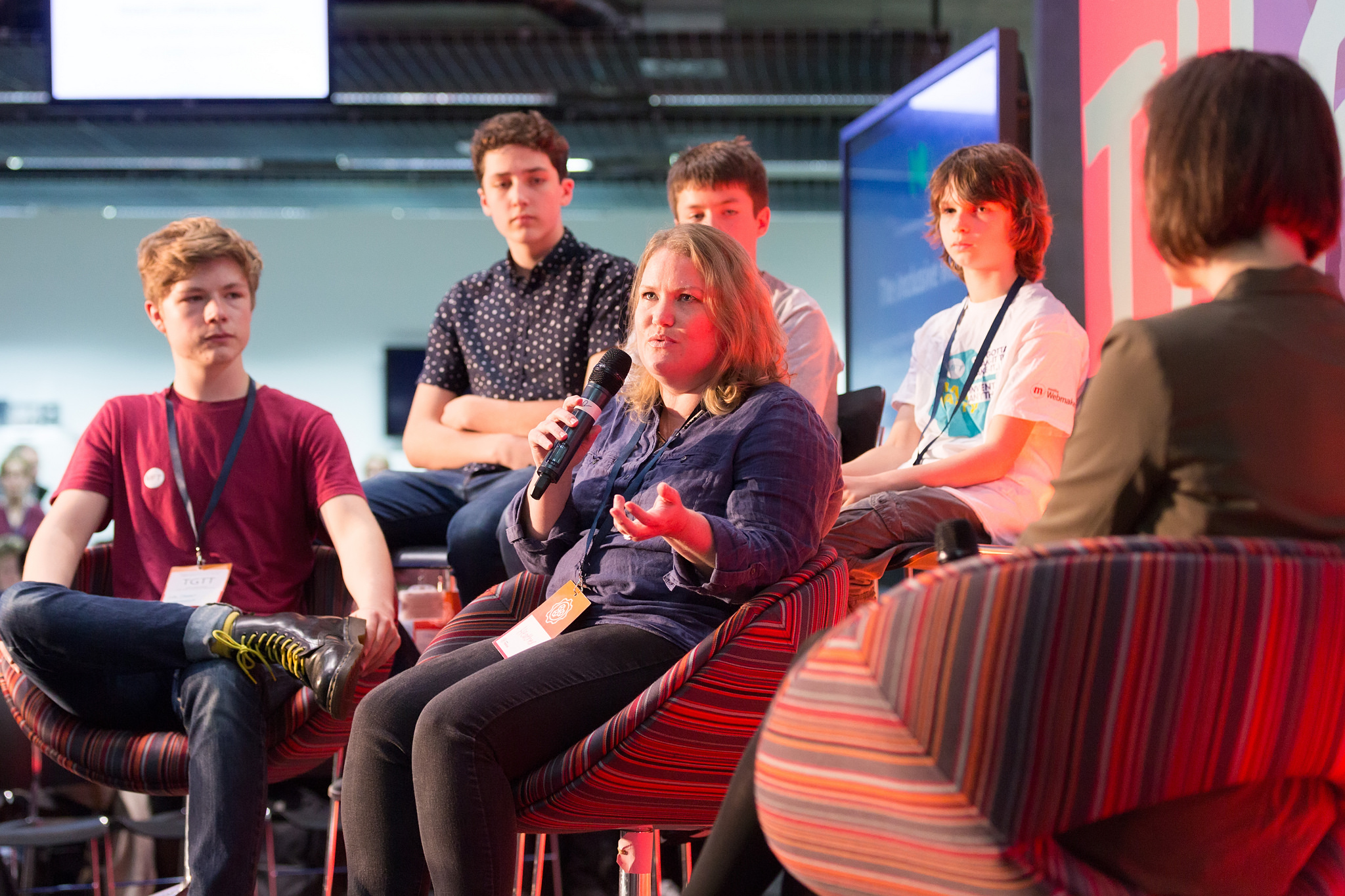For a first-time Internet user, learning the Web means mastering a handful of core skills: browsers, search engines, content creation.
For Web users who aren’t proficient in English, there’s a necessary step that precedes clicking, searching and creating. First, learn some English. Then learn the Web.
The Internet spans all corners of the globe, but its content isn’t nearly as diverse as its reach. While only a quarter of the globe speaks English natively, 54 percent of the world’s websites are in English.
An equally startling statistic: while more than 1 billion individuals speak Chinese, only around 2 percent of Web content is in Chinese.
The driving force behind this English-centric Web is largely economic. Across the world, content creators target the largest and most lucrative markets, which are located in North America and Western Europe. But the implications go far beyond economics, influencing and transforming Internet users’ cultures, behaviors and perceptions.
Few have greater insight than Heather and Dwayne Bailey, the wife-husband team behind Translate.org.za, a non-profit “champion of local languages in the digital world.”
Translate runs training, events and software localization. The Baileys’ quest to localize the Web began over a decade ago in Cape Town, South Africa, when the duo experienced first-hand how difficult it was for their Xhosa-speaking friends to negotiate online life.
The Baileys note that non-English speakers on the Web are resourceful. “People are adapting to English,” Heather Bailey says. What results is a hybrid-language approach that draws on and blends local languages and English.
The examples are fascinating: in Zimbabwe, a Shona speaker might grasp WhatsApp’s English interface, but send messages in Shona. In the Arabic-speaking world, Twitter and SMS users will employ transliteration, converting Arabic script into the Latin alphabet. And on a South African news website, an article can be authored in English — but the comments below unfold in Afrikaans, Xhosa and Zulu.
“People make do,” Heather explains. “I think it’s amazing.”

Despite these canny approaches, the Baileys note that there are harmful consequences. When Heather recently spoke with a Kenyan friend, she inquired about his efforts to localize English content into Swahili. His response: why bother?
Once users have a handle on the English Web, there’s little motivation to go back and localize, Dwayne says.
English-language content are cultural mores that can clash with, or undermine, local cultures, the Baileys note. For example: English doesn’t account for gendered nouns. “That makes it difficult to translate — which then starts influencing the [local] language,” Dwayne says.
Despite challenges, the Baileys are optimistic about creating a more inclusive Web. Heather is quick to share a motto: “Why should people need to learn English before they learn how to use the Internet?”
Heather is quick to share a motto: “Why should people need to learn English before they learn how to use the Internet?”
The Baileys note a couple of localization best practices can make an outsized impact. “The biggest thing that makes a difference is if you have someone who owns their language… and has good technical skills,” Heather says. A passionate and talented speaker can build a localization team and make a tremendous difference.
Localization should be as painless as possible. “It’s about making it easy for people with very low technical skills to localize,” Dwayne explains.
This means using intuitive platforms and practices. Like Web-based tools rather than software, or hiding the complexity of file formats.
“We need to de-geek the space and challenge assumptions,” Dwayne says. “Making the process of localization easier is the biggest thing we can do.”